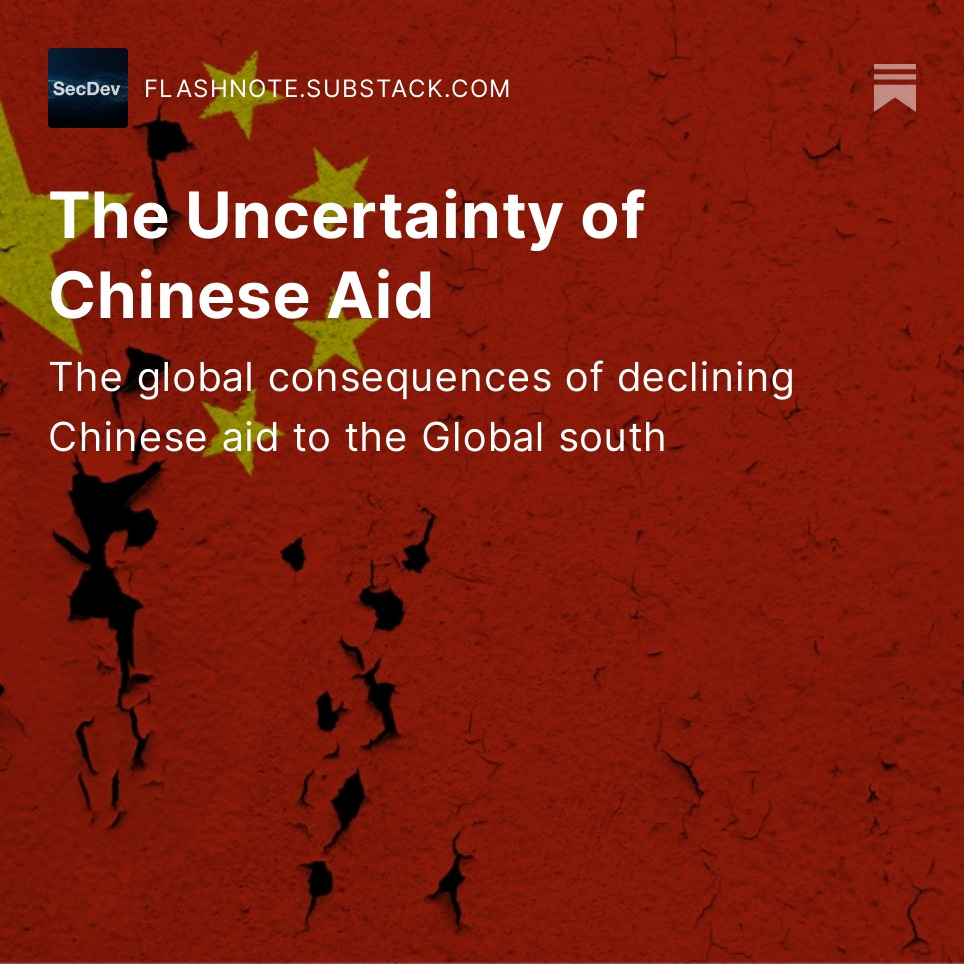SecDev Pulse
A roundup of recent news, publications, and events
Welcome to the SecDev Pulse, a summary of our latest analysis on geopolitical, digital and cyber risks delivered straight to your inbox.
SecDev uses human and artificial intelligence to make sense of our rapidly transforming world. This month several new publications tackle everything from the multifaceted implications of AI to the widening array of existential risks that threaten to overwhelm us all.
Our latest contribution to thinking about risk and intelligence is a novel concept - Open Source AI Intelligence Analysis, or OSAINT. This is an emerging field that will redefine how governments and businesses understand and manage risk. Rafal Rohozinski published an article on the subject with the Centre for International Governance Innovation (CIGI).
SecDev is also mapping the cascading impacts of advanced AI on the future of AI governance and regulation. In an article published with Foreign Policy, Robert Muggah considers the political, social and economic impacts of advanced algorithms in low- and medium-income countries across the Global South. He observes how most debate about the impacts and regulation of AI is occurring in countries making up just 1.3 billion people. Far less attention is devoted to addressing these same concerns in poorer countries accounting for the remaining 6.7 billion.
This month the SecDev team drilled down on the worsening crime situation in Latin America, where soaring insecurity is undermining governance and economic performance. In light of the sharp rise in cocaine production in Colombia, Peru and Bolivia, Robert Muggah published an article with the Small Wars Journal exploring how organized crime groups are expanding their influence, including in countries historically registering low levels of crime.
Earlier this week SecDev also released its latest Flashnote on existential risks. The Flashnote describes how risks of nuclear catastrophe, climate chaos, and AI breakout are growing more severe by the day and observes how rising political and economic tensions in North America, Europe, China and the Middle East could act as triggers accelerating these risks. Global leaders urgently need to prioritize existential risks, yet the current geopolitical environment hinders such efforts, not least because communication channels between rivals are closing down. (Download the Flashnote here).
Finally, SecDev's Flashnote on China shows how the country’s declining aid could generate geopolitical instability, especially in lower- and middle-income countries. SecDev finds that China's reluctance to forgive debt and its lack of transparency over loans impedes other major lenders from offering assistance. This, combined with decreasing assistance, could result in salaries not being paid, massive job losses, debt defaults, and soaring inflation. More than ever, development programs such as the G7-led Partnership for Global Infrastructure and Investment and the EU Global Gateway need to be accelerated, offering an alternative to the Chinese-backed Belt and Road Initiative and Global Development Initiative. (Download the Flashnote here).
Looking ahead, SecDev will be sharing new findings on the green energy transition and the deepening geopolitical competition over critical minerals and rare earths.
Stay connected and informed by subscribing today. With the SecDev Pulse, your window to global developments in geopolitical, digital and cyber risk trends is just a click away.
Did you know?
Today everybody is talking about the way new technologies - from satellites to cell phones - are changing the battlespace. Back in 2008, SecDev partnered with the US Army War College's Centre for Strategic Leadership to study the impacts of cyberspace, and new media on the future of conflict. One of SecDev’s outputs - Bullets in Blogs: New Media and the Warfighter - anticipated the looming global battle for control of the informational landscape.
SecDev’s early assessment revealed how the emerging information environment would be as consequential as the physical battlefield. SecDev's report highlighted the growing ubiquity and power of digital information. This is an insight that leading social media giants such as Google, Facebook, and Twitter, established only a few years prior, would eventually realize a decade later.
Flashnotes are accessible for free, and we invite you to subscribe if you have not done so already.






